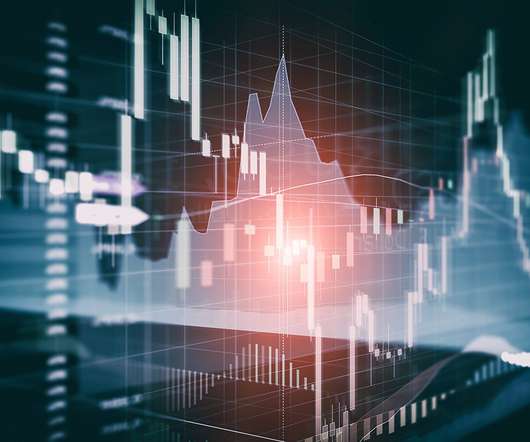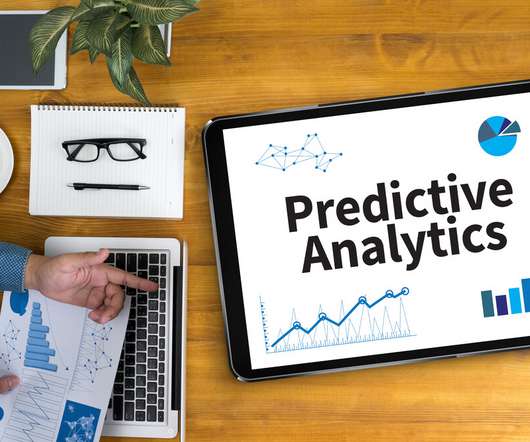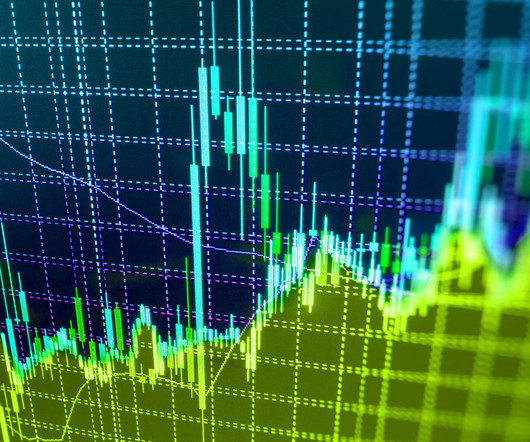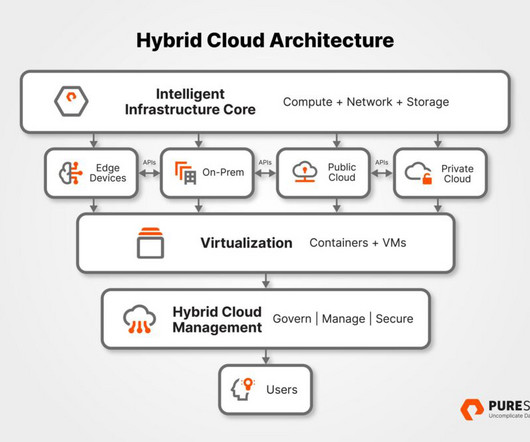12 data science certifications that will pay off
CIO Business Intelligence
JANUARY 19, 2024
Companies are increasingly eager to hire data professionals who can make sense of the wide array of data the business collects. The US Bureau of Labor Statistics (BLS) forecasts employment of data scientists will grow 35% from 2022 to 2032, with about 17,000 openings projected on average each year.



















Let's personalize your content